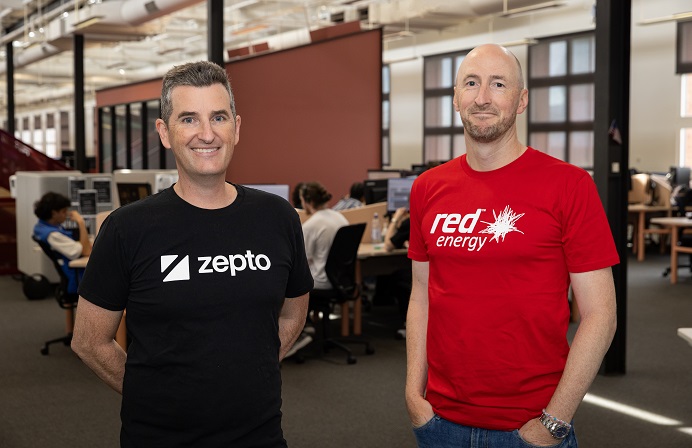
Five years in development and with 13 major Australian financial institutions locked in, the New Payments Platform (NPP) is set to move into a “full production live environment” this week – the first stage of the payment network’s full public rollout.
New Payments Platform (NPP) chief executive Adrian Lovney announced the preliminary release of the NPP at the 2017 Future of Financial Services conference in Sydney. However, he stressed that a full public rollout of the payments network will not occur until the new year – predicted to be launched around the 2018 Australia Day weekend.
“Unfortunately, it’s just a little bit too close to Christmas,” Lovney said. “The payments industry and the banking sector have a change moratorium which prevents large payments infrastructure from going live around that time of the year.”
The NPP is Australia’s first open access payments infrastructure – one of the only two in the world incorporating real-time, line-by-line settlement in Central Bank funds – effectively supplanting the existing batch processing payments network.
The platform is expected to offer consumers and businesses ultra-fast payment transfers and round-the-clock settlements. The network can also support payment requests or ‘push payments’, customised payee IDs and, eventually, escrow.
“The NPP is world class payments infrastructure to support Australia as it moves into the next phase of the digital economy,” Lovney said. “We’re building a brand new, fast, far-reaching rail that will culminate a range of different products in the future.”
While not a product itself, the NPP will provide the core infrastructure on top of which organisations can build their own overlay services.
By launch, Lovney predicts four out of five Australian accounts will be connected to the NPP.
“This is certainly critical mass, and will provide a high degree of confidence that if I want to pay somebody using [the NPP network], then they’ll be available at launch.”
Thirteen participants have signed on to the NPP, including the big four (CBA, Westpac, NAB, and ANZ), The Reserve Bank of Australia (RBA), Citigroup and Macquarie Bank. Already a “diverse range of mutual banks, credit unions, building societies, and regional banks” are lining up to participate, Lovney said.
Osko, a digital payments overlay service developed by the BPAY Group, will be the first product to launch on the NPP (expected to go live at the end of 2017). Osko will make extensive use of NPP’s PayID service, expanding the previously limited direct entry file from 18 to 280 characters.
PayID is an opt-in addressing service allowing customers to link a unique alias (such as a mobile number, email or Australian Business Number [ABN]) to an underlying bank, credit union, or building society account. The PayID service will allow “potentially limitless information to be transferred using the high-speed rails of the NPP,” Lovney said.
“PayID makes payments simpler: simpler to remember, to share, and to get right … [because] you’ll be provided with the name of the underlying account before the payment is authorised,” Lovney said.
While PayID remains one of the NPP’s only customer-facing initiatives, businesses are set to reap significant benefits from the network, particularly with the replacement of the existing batch processing network with the NPP’s round-the-clock payment transfer service.
According to Lovney, the elimination of time-restricted batch processing will radically change the way businesses operate and, furthermore, offer a marked improvement in consumer convenience.
“It’s amazing how many businesses and business processes are organised around [payment] cut-off times, for example, an electricity or Pay TV bill which is due by 6pm on Friday,” he said. Through the NPP, payments will continue to be processed and settled right through the weekend, through the evening and public holidays. “A range of things driven by the cut-off times will, of course, disappear,” he added.
What is more, the NPP’s adoption of the ISO20022 standard, a universal communication standard adopted by financial intermediaries around the world, can be tailored by businesses “for use in particular market segments, as it is with particular market geographies,” Lovney said.





